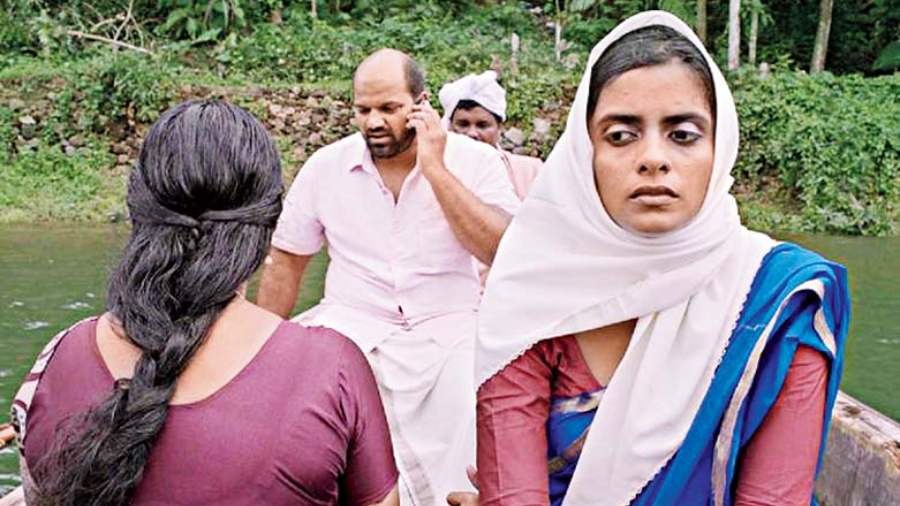1. Khadeeja in Biriyaani
Biriyaani starts with a graphic sequence and right away we come to know Khadeeja (a superb Kani Kusruti) through her empty, desolate eyes. She has lost her appetite for life and yet her spirit remains unbroken in her act of defiance at the end. Born in poverty and married off to a much older man at the age of 10, Khadeeja has but limited choices within her grasp. Yet never for a second do we pity Khadeeja. At her worst, she is a woman marginalised at home and outside where her Muslim identity makes for no easy escape. Still, Khadeeja does not give up, and commits a shocking act at the end. Kusruti makes it impossible to look away.

2. Maya Menon in Jalsa
Trust Vidya Balan to do no wrong. In Suresh Triveni’s Jalsa, Vidya plays a tough journalist named Maya Menon who calls a spade a spade. When a sudden accident threatens to derail her career and life, she has to play it beneath her “face of truth”. Her veneer of righteousness falls off — she has no way than to use her privilege and power to manipulate her way out of it. Maya Menon is not likable, and doesn’t try to be. She decides for herself what works best for her, and moves at her pace. For her family, she can go to any lengths. Vidya plays her with restraint, portraying a woman who can fend for herself in a vengeful, corrupt world.
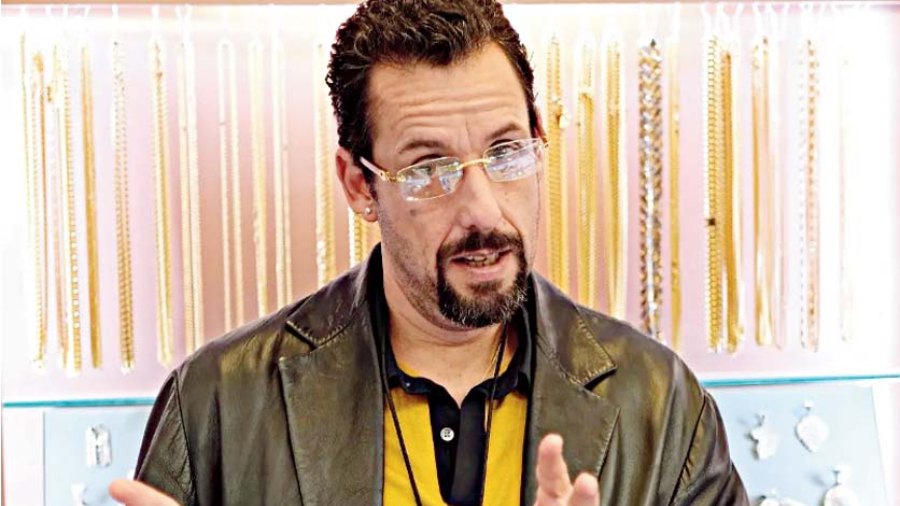
3. Howard Ratner in Uncut Gems
An Adam Sandler film without being Adam Sandler-ish. In the Safdie Brothers’ Uncut Gems, Sandler plays a Diamond Discrit jeweller who believes he has a spiritual connection to a gem and it will make his life better. And so it begins, in chaotic, nerve-shredding narrative crises, where Ratner risks it all, in an impending self-destructive motive to win no matter what comes his way. Sandler is a hoot, creating this flashy and flamboyant, robust and rambling character who never has enough to stop. This intangible hope of aspirations, of getting to a better place, is what binds us all, and Ratner simply overcompensates for the price.
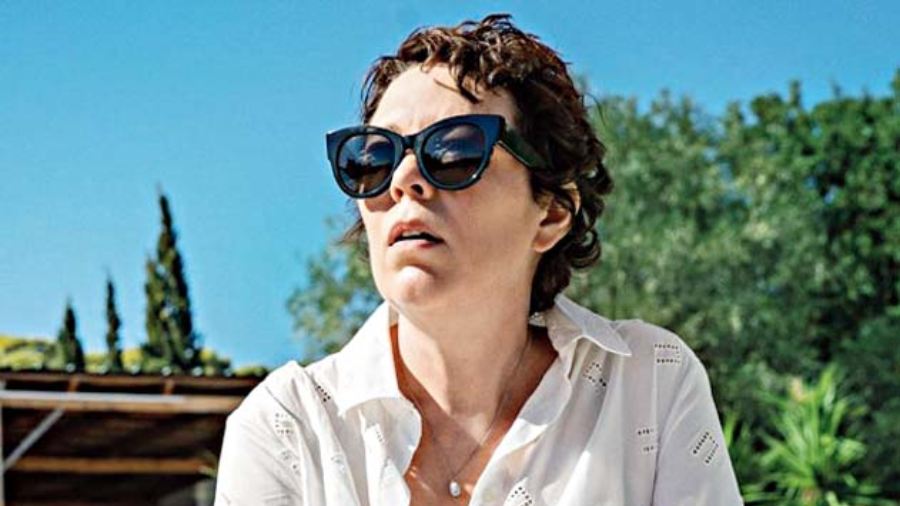
4. Leda in The Lost Daughter
Olivia Colman, whose winning speech after her Oscar win has since made her a favourite, played against type in Maggie Gyllenhaal’s adaptation of the Elena Ferrante novel. Here, she played Leda, an ageing university professor on a solo vacation in Greece. As her desire to be left alone is disturbed by the presence of fellow noisy vacationers, she is reminded of her complicated past as a young mother through one of them — Nina (Dakota Johnson). Leda steals and lies her way through The Lost Daughter, without a speck of guilt or shame. Colman makes Leda a cold, calculated presence, who describes herself as “an unnatural mother”. It is as if she is daring us to still like her, given how much we know of her.
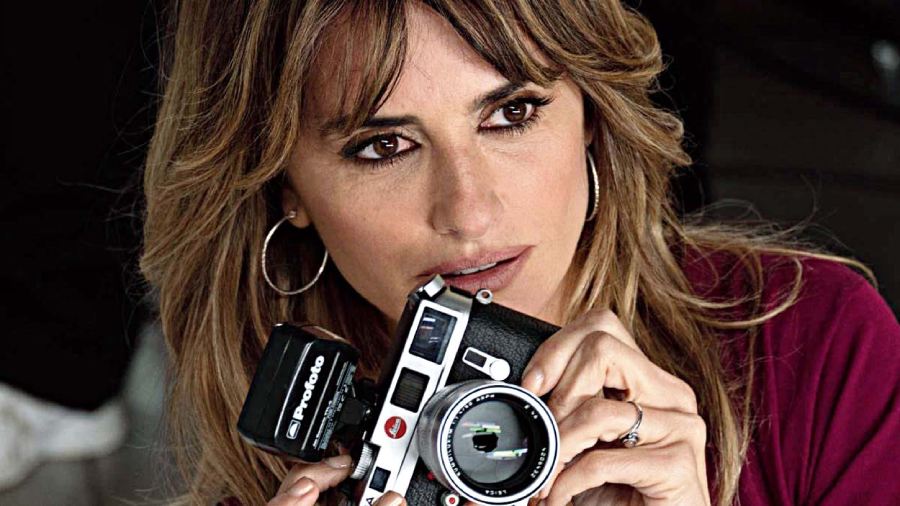
5. Janis in Parallel Mothers
The collaboration between Penelope Cruz and Pedro Almodovar is a gift that keeps on giving. In the Spanish auteur’s latest work, the actress played Janis — a still-life photographer whose life takes unusual turns after the birth of her child. As she confronts the truth about her baby and goes to extreme lengths to protect her, Janis lies and hides, until she cannot anymore. Cruz grounds Janis with heart and soul, and likens her own anxieties with ours, keeping us on the same page as her. She can escape everyone but not herself. Isn’t that feeling familiar?
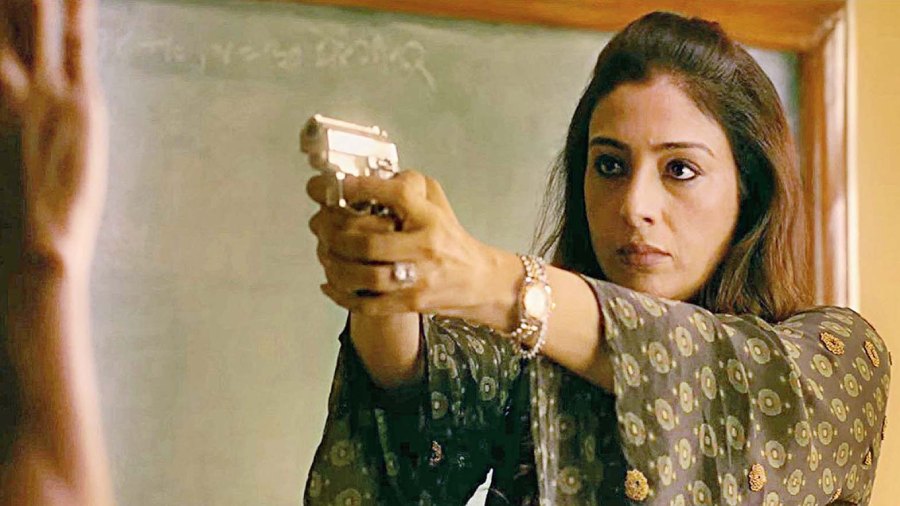
6. Simi in Andhadhun
Andhadhun played to the strengths of Sriram Raghavan’s tightly wound script that gave Tabu one of her greatest roles to date. As the glamorous homemaker and wife of a yesteryear actor, Tabu’s Simi is somewhat of an agile creature, who calculates her every move before actually taking her next step. She kills her husband who finds out about her affair, then goes to extreme lengths to protect herself from it all. Yet when she gives herself that one moment of thought and breaks down, it is a woman who has no idea what awaits her after all. Tabu makes sure she is never our object of sympathy and makes Simi someone we love to hate.
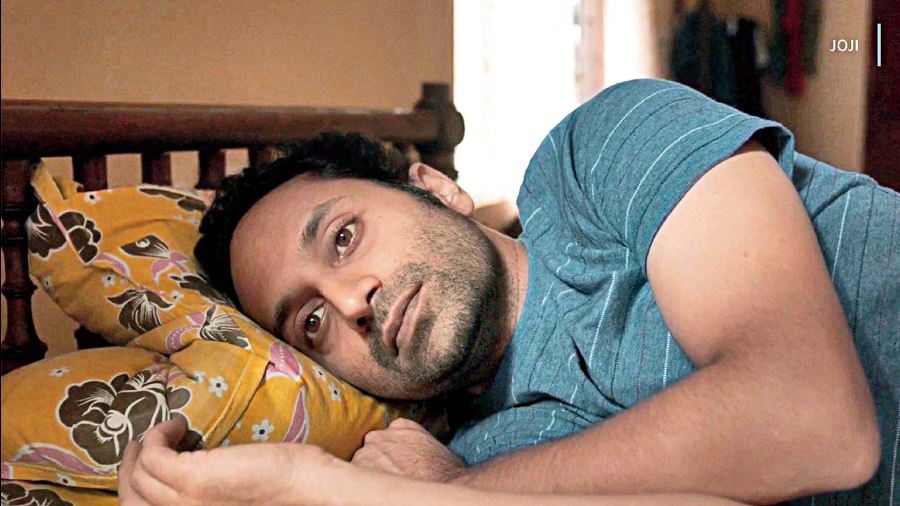
7. Joji in Joji
In this desi adaptation of Shakespeare’s Macbeth, all the characters are pretending to play a part. Fahadh Faasil plays the titular Joji, minus the dialoguebaazi and assurance. He is soft-spoken and tempered down, as if always in a state of conniving. He is part of a family controlled by the patriarch Kuttappan PK Panachel (PN Sunny). When Kuttapan has a stroke, the facade falls apart collectively. Joji commits horrific deeds with a subdued matter-of-factness, yet he is not the archetype of an antagonist. His actions are irredeemable, yet Faasil plays Joji with a muted vulnerability that makes the viewers root for him in the face of simmering rage and frustration. The desire for revenge in the face of constant humiliation burns his morale. He can draw no line of control.
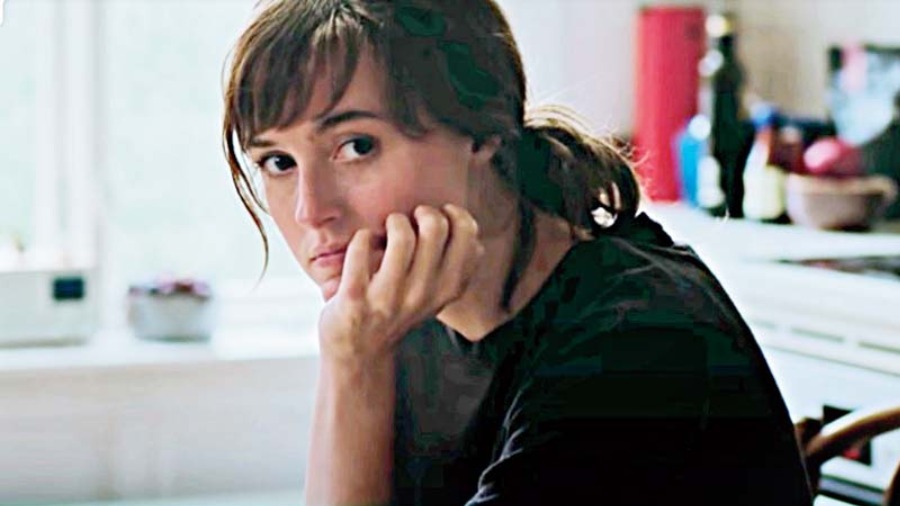
8. Julie in The Worst Person in the World
“I feel like a supporting role in my own life.” Rarely has a character felt this relatable in her unlikability. In Joachim Trier’s Academy Award-nominated feature, Julie (superbly performed by Renate Reinsve) is in her late 20s, unable to decide what to want from life and love. In the first 10 minutes alone, she changes her hair colour and length, career and lovers in moments of instinctive matter-of-factness. She is utterly selfish regarding what she wants, but that’s the catch— she cannot grasp what she wants. How often have we felt that our problems are so small in comparison in the deafening problems of the world? Julie understands, and yet doesn’t stop feeling. She’s indecisive and hasty, naive and lost, but always trying.
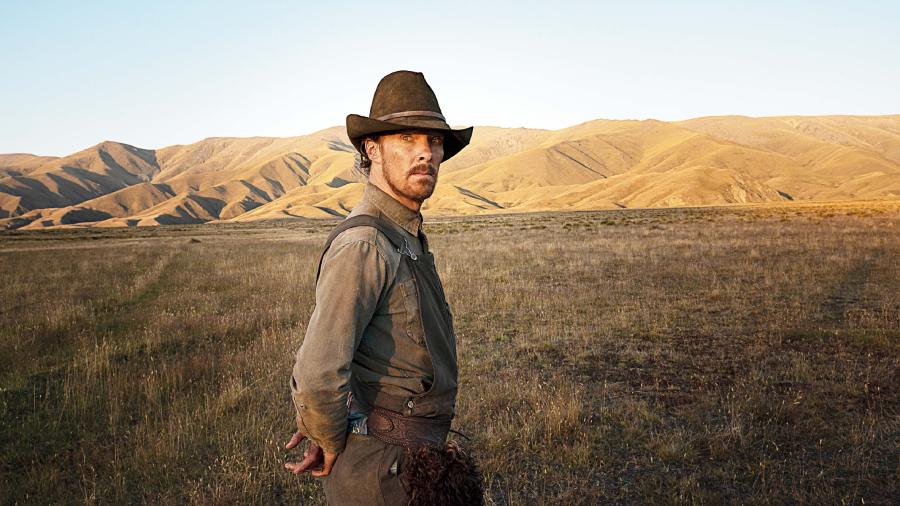
9. Phil Burbank in The Power of the Dog
“A man is made by patience and the odds against him.” This is a key statement made by Phil Burbank (played by a mesmerising Benedict Cumberbatch) late in Jane Campion’s The Power of the Dog. Burbank is a ruthless, brutal torment to everyone around him. He doesn’t spare anyone who tries to get a sense of him, and in turn, exposes his self-hate and burdensome masculinity. There is something so perceptively solemn about the way Burbank reveals himself — his anger when his brother George (Jesse Plemons) marries the widow Rose (Kristen Dunst), his targeting to bully Rose’s son Phil (Kodi Smit-McPhee). At the end, we understand that Burbank is hurting because he is unable to accept who he has evolved as a person. We hate in others what we are unable to accept in ourselves.

10. Alisha in Gehraiyaan
In Gehraiyaan, Deepika Padukone’s Alisha is stuck in the loop of her past, she gets involved with her cousin’s fiance Zain (Siddhant Chaturvedi), which feels like the same trap her mother had to succumb to. Alisha makes horrible choices, and even as Gehraiyaan spends more time in hurrying past one revelation to another, Padukone steadily grounds Alisha’s disintegration. She is so inexorably bound by the inevitability of her connections that she cannot help but accept it and choose to move on. Yet, how long are we given to grief? How long must we hold resentment against our closest ones? Alisha is hurting and hurt, all the while opening up to hope and acceptance.
